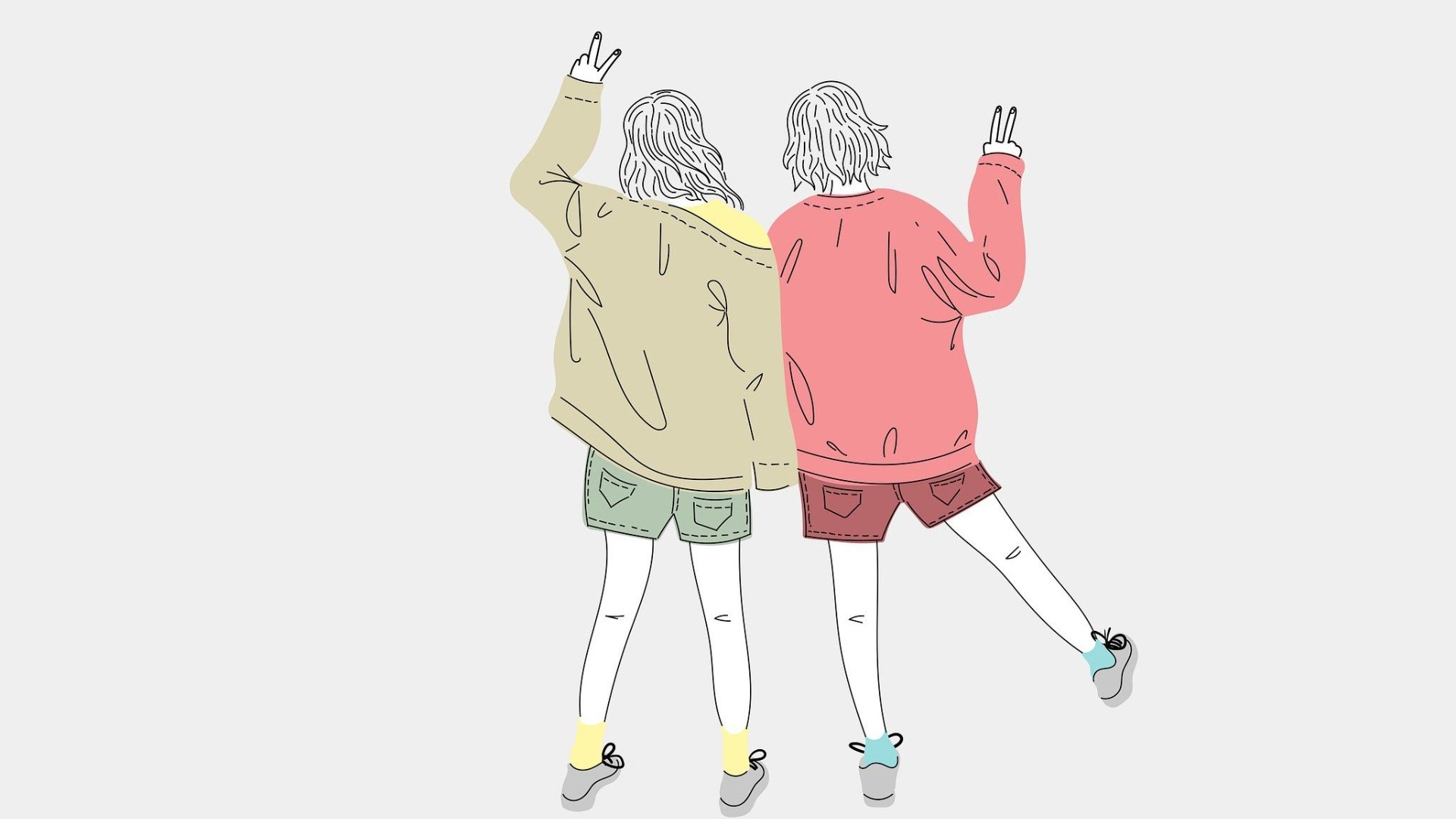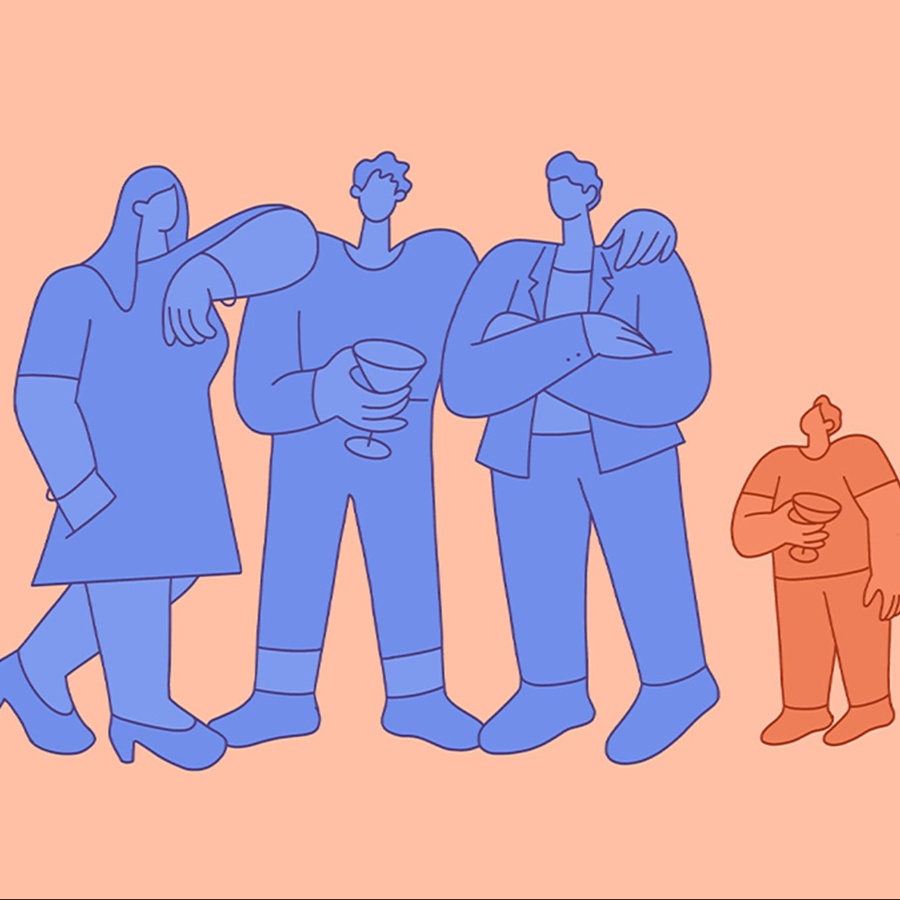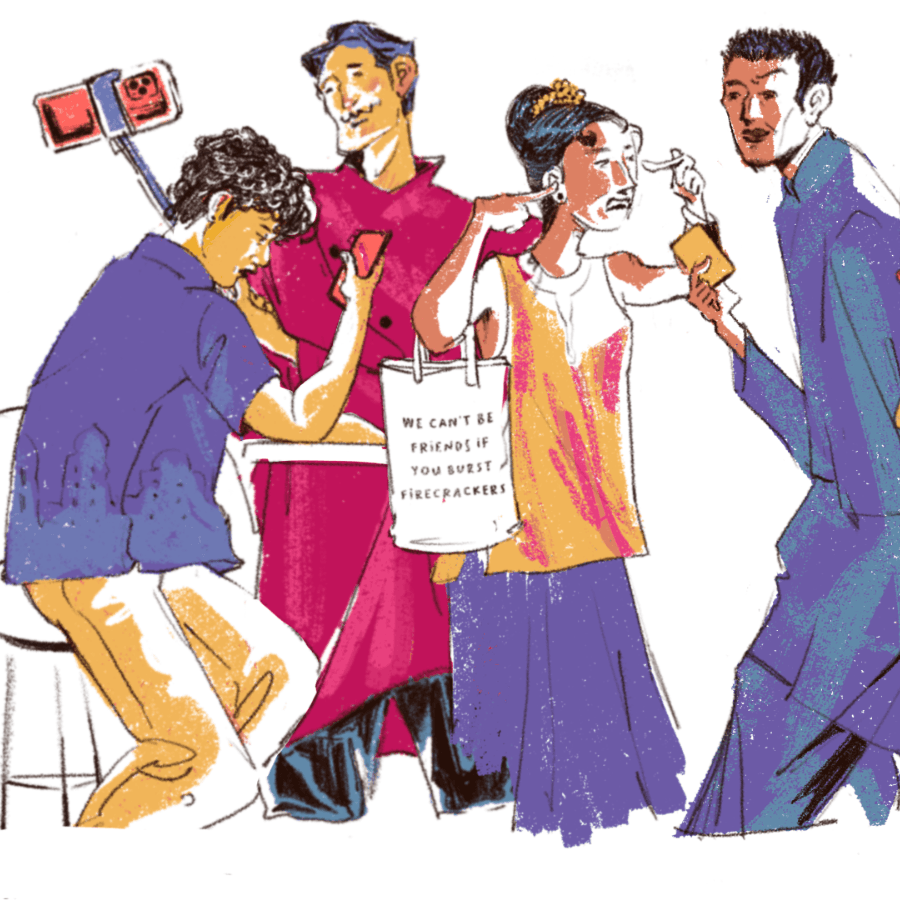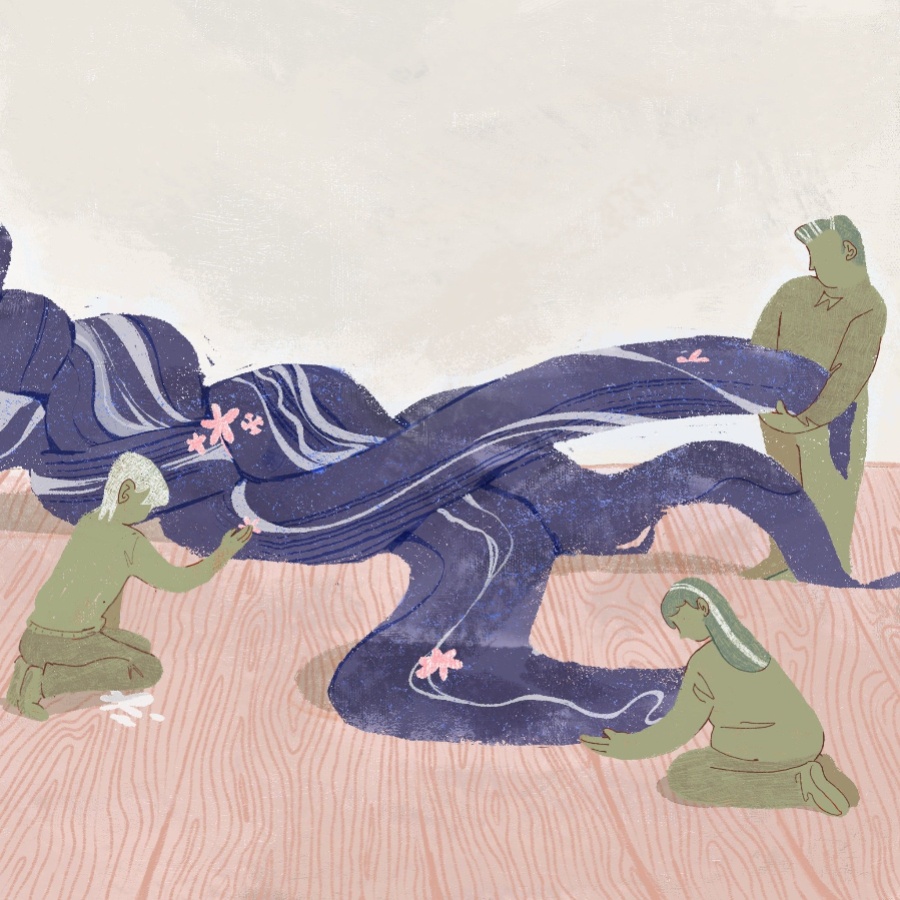When entrepreneur Moneisha Gandhi’s son Mihaan began to approach his teens, Gandhi found herself growing increasingly anxious. “Mihaan has Down syndrome and though he went to an inclusive school, I knew that once his classmates moved on and went to college, he was not going to be on the same path as the rest of them,” she shares. “I was worried he would suddenly feel a big void in his life.” Anticipating this crash in her son’s social interactions, Gandhi began to actively look for friends for him. She wasn’t sure where she would find people his age who shared the same interests until a mutual friend introduced her to Gopika Kapoor and her teenage son, Vir.
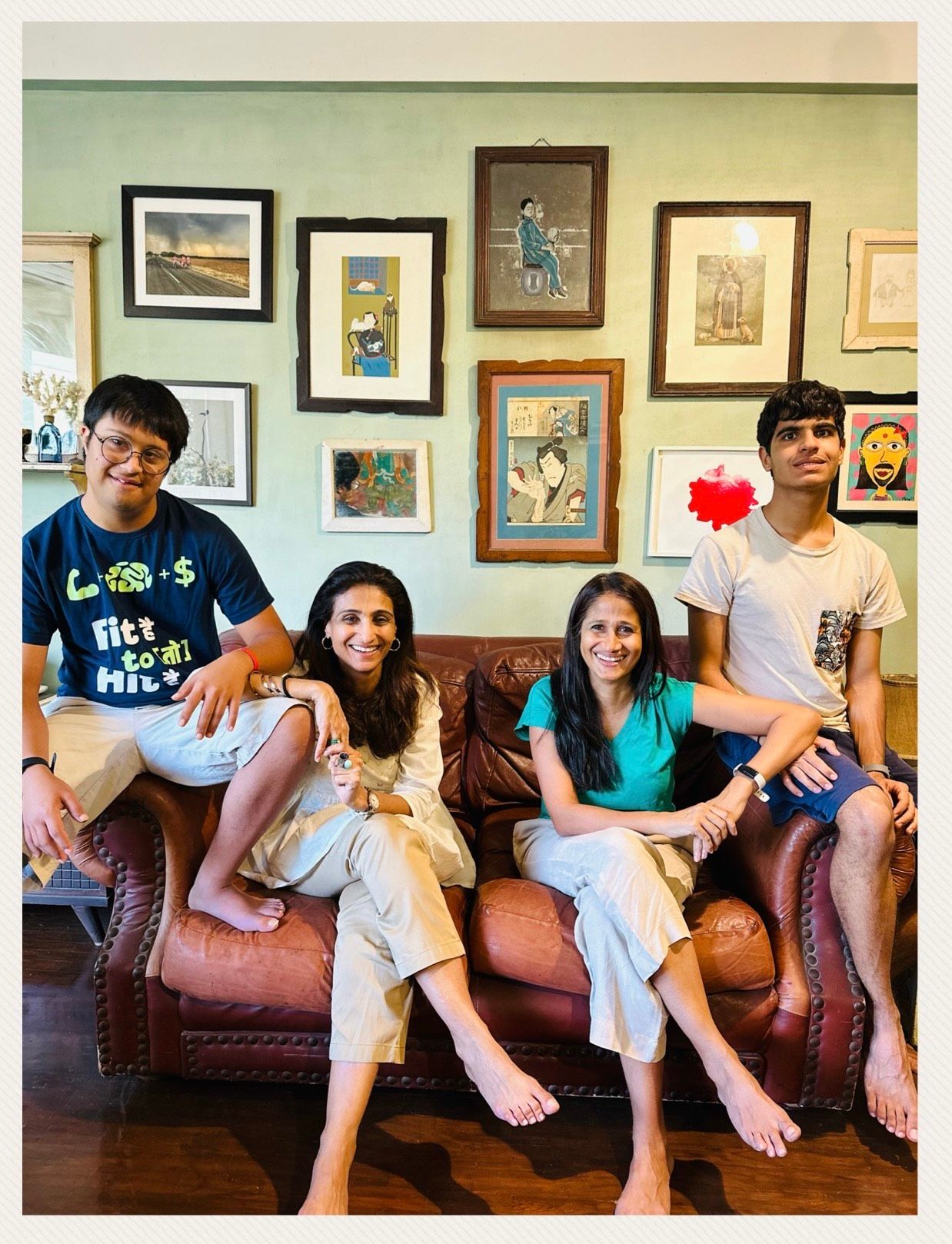
“Because Vir has autism, he finds it a little harder to connect with other people,” Kapoor says. When Vir and Mihaan met, however, there was an instant connection. “They just clicked,” Gandhi enthuses. “To meet someone regularly and do all the things that regular teenagers do was so exciting for them. Gopika and I both have daughters who are neurotypical, and they go for sleepovers, coffee, all of that. So our boys obviously wanted the same. We didn’t want them to miss out on these important experiences.”
While both mothers appreciated how powerful the connection between the two boys was, they also understood that it was rare. “People look at them and say, ‘Wow, they’re so lucky that they’ve got a close friend.’ But we want it to be possible for other people with disabilities as well,” says Kapoor earnestly. “We thought there had to be a better way to do this.”
In 2024, after more than a year of ideation, Kapoor and Gandhi launched Buddy Up Network: an inclusive social networking app, available on iOS and Android. Safe and accessible to people with disabilities over the age of 18 as well as their caregivers, Buddy Up allows users to search for friends based on their location, interests, age, gender, and disabilities. “The idea was to give people choices,” Gandhi explains, “You don’t become friends with the first person you meet. We wanted people with disabilities to have the chance to connect on various criteria.”
“People look at them and say, ‘Wow, they’re so lucky that they’ve got a close friend.’ But we want it to be possible for other people with disabilities as well.”
Less than a year ago, the World Health Organization declared loneliness a “global public health concern”, likening its physical impact to smoking 15 cigarettes a day. Kapoor points out that people with disabilities are significantly more isolated than the general population, with a UK poll stating that two-thirds of them are chronically lonely. “If your child has been diagnosed with something, you focus on therapy, you focus on the physical, medical aspects of their condition, even employment,” Gandhi explains, “But people don’t tend to focus on socialisation, which is probably the most important part of a person’s well-being.”
To encourage socialisation, the app also provides the opportunity for caregivers to connect with each other. “Sometimes you could be a new caregiver, confused about what the path ahead is going to look like,” explains Kapoor. “Will my child ever go to school? Will they make friends? Moneisha and I both met people who had already been down the same path and it gave us such a sense of comfort to know that things were going to be okay. Just to hear that from another parent is very powerful and reassuring.”
While Buddy Up has already amassed over 1,400 sign-ups in seven weeks, the founders acknowledge that the app is still a work in progress. “We keep hearing back from people and making lists of things we need to work on for the future,” says Kapoor, adding that they’re currently looking at ways to include voice messaging to make the app more accessible to the visually impaired. Eventually, the goal is to grow their user base not just in India’s metropolitan cities, but for word to spread to smaller towns, where it is harder for people with disabilities to find a stable support system. “We’ve also had some interest from the UAE, UK, Canada, but we want to make sure we have a substantial user base in India before launching the app internationally,” she shares.
Now 19, Vir and Mihaan, the inspirations behind the app, have been best friends for more than four years. “They’re already talking about how they want to share an apartment and things like that when they’re older,” Gandhi reveals. “It’s heartwarming to see how they accept and love each other for exactly who they are.”
